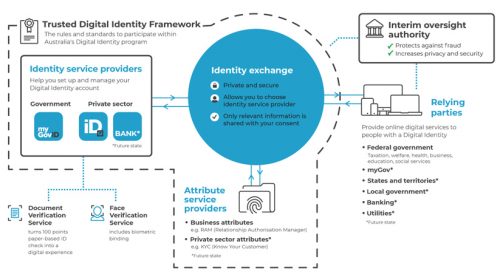“The Greater Houston Partnership is not Planned Parenthood”

This statement should be self-evident.
However, after reading last week’s post by my friend, Yvonne Larsen, on this website about a recent Texas Supreme Court opinion, I feel I must reiterate that the Greater Houston Partnership is not Planned Parenthood.
The difference between these two organizations, and between their respective financial relationships (if any) with state and local governments in Texas, is the reason why I take issue with Yvonne’s post.
Background:
The Greater Houston Partnership (like many other local “chambers of commerce” across the state) has entered into contracts with city and county governments in the Houston metropolitan area to provide specific services in return for payment for those services. However, the amount it receives from governments under these contracts comprises a minor amount of the money it receives annually.
A citizen filed a very broad request under the Texas Public Information Act (“TPIA”) to obtain documents from the Greater Houston Partnership (“GHP”), arguing that GHP was a “governmental body” subject to the disclosure regime of the statute because of these contracts. Among the items sought were the entire check registers kept by GHP for all of its activities during 2007 and 2008, regardless of whether the funds received and spent as reflected in the ledgers were related to the contracts with city or county governments.
Faced with this broad request for virtually all of GHP’s financial records, the Attorney General applied an old federal-court ruling to construe the TPIA and determined that GHP had received governmental funds, so it was a governmental body. The Third Court of Appeals in Austin affirmed the trial court’s decision in a very broad ruling, the reasoning of which could have made any private entity, that received any governmental funds for any reason, a governmental body subject to the TPIA disclosure requirements for all purposes. That is, if you get one dollar for providing a service to the state, you’re now a governmental body whose records are subject to TPIA disclosure.
This broad ruling, and the old federal-court case it relied upon, formed the basis of the review of the appellate decision by the Supreme Court that Yvonne criticized. The breadth of the lower-court opinion startled many private organizations across the state, which do business with, and/or receive funds from, state and local governments. Out of the blue all of the records created and kept by these organizations might now be subject to the TPIA if they received any funds from the state—even if they received them in return for providing contractual services. So, several organizations filed amicus briefs with the Supreme Court requesting the court to review the appellate court’s broad interpretation of “governmental body” and to provide a narrow, understandable framework for determining what type of financial relationship might give rise to TPIA coverage. In fact, these filings included an unprecedented joint brief filed on behalf of the Chairs of both the Harris County Republican Party and the Harris County Democratic Party, who were concerned that the acceptance of state funds to defray costs of running primary elections, which already is subject to strict disclosure requirements, could now subject all of the internal affairs of both parties to the TPIA disclosure requirements (and, as a matter of full disclosure, I helped prepare that brief as Legal Counsel for the HCRP).








